Marijuana Retailers Say Bank Rules Threaten Safety, Hurt Businesses
Thursday, October 22, 2015

“We just want to be considered the same as any other business,” Meghan Walstatter, owner of Pure Green Dispensary in Portland, told GoLocal. “We want to have the same access to banking and the same options that any other business has.”
Currently, most banks refuse to serve marijuana businesses because they fear a federal crackdown could cause them to lose their FDIC protection, forcing them to close or exposing them to prosecution under federal anti-drug laws. Banks that do decide to do business with cannabis companies are subject to strict federal regulations that are designed to protect the financial system from dealing with criminals.
“This is one of the biggest problems we’re facing,” Skylar McKinley, deputy director of marijuana coordination for Colorado Governor John Hickenlooper told GoLocal. Colorado was one of the first states to legalize marijuana and has struggled to come up with a banking system to serve its newest industry.
“The regulations on marijuana businesses are probably stricter than regulations on any other industry,” McKinley said. “What we run into as a result is that the big banks like Chase are not doing this, because they do not want to risk their other holdings. Smaller banks that would be willing to take on the risk just don’t have the staff or the manpower needed to deal with those regulations.”
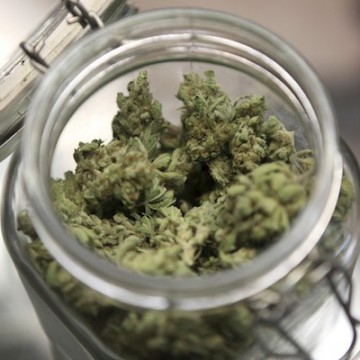
Hurting Businesses

Because of the regulations, many marijuana businesses are forced to operate as cash-only businesses, according to Karen Sprague, owner of the CO2 Company, which produces marijuana extracts for dispensaries in Oregon.
“We work with nearly two hundred licensed dispensaries across Oregon, and most of them pay in cash,” Sprague said. “It’s a bookkeeping nightmare. I’ve been a small business owner for more than 25 years, and I have never seen anything like it. We just want to be treated like everyone else.”
Walstatter said that the limit on banking restrictions are an inconvenience not just to business owners, but to customers as well.
“It’s really hard to pay employees or pay bills without a bank account and to have to do that in cash,” Walstatter said. “Cash is becoming less and less used these days. Everything is plastic. We have to have an ATM in our store in case anyone doesn’t have any cash. It complicates things.”
Safety Concerns
Sprague said that on top of business concerns, the regulations effectively force dispensaries and other marijuana businesses to become cash-only businesses, which causes safety concerns. “Working with so much cash puts the safety of our sales and delivery staff at risk,” Sprague said.
McKinley agreed, though he noted that Colorado has yet to see any major violent crimes committed against marijuana businesses.
“This is a huge public safety issue,” McKinley said. “However you feel about marijuana legalization, it’s happening, and we have to work to make sure we don’t open these businesses up to violent crime, robberies, that kind of thing.”

Rep. Earl Blumenauer (D)
“It’s a tough balance,” Walstatter said. “We want to be safe and our employees to be safe, but there’s a trade-off. How many stores have to have an armed guard inside? I don’t want customers not to feel safe in my store.”
“This Will Have to Come from Congress”
McKinley, with Colorado’s marijuana coordination program, said that any solution on this issue will have to come from the federal government.
“We’ve gone through pretty much every solution that we as a state can figure out,” McKinley said, including attempts to open a credit union fully devoted to the marijuana industry, which were shut down by federal regulators. “I don’t see the Federal Reserve loosening up at all, so this will have to come from Congress.”
Rep. Earl Blumenauer (D), who introduced a bill designed to change banking regulations along with Sen. Ron Wyden and Sen. Jeff Merkley, said he was glad to see Oregon’s marijuana community fighting for their rights.
“I’m thrilled to see the emerging Oregon cannabis industry engaging their political voice in DC,” said Congressman Blumenauer. “These are the people lawmakers need to hear from to understand first-hand the opportunity this industry represents in creating jobs and generating tax revenue. Most importantly, the cannabis industry will build a safer regulated system around marijuana than the status quo of prohibition and a resulting black market. We need the federal government to get out of the way and let these businesses grow – and compete – in accordance with state law. We can start by taxing them fairly and allowing them to have bank accounts like all other businesses.”
Related Slideshow: 20 Things You Need to Know About Buying Pot in Oregon
Related Articles
- Portland Metro Area’s Newest Pot Shop Opens Saturday
- Recreational Pot Officially Legal in OR: What State Advocates Have to Say
- Police Find 68 Pounds of Pot in Vehicle After Traffic Stop
- Oregon Fines, Closes Pot Shops
- NEW: Oregon Secures a Spot in National Championship Game
- Ten Things You Need to Know Now That Pot is Legal in Oregon
- The Herbery Becomes Vancouver’s First Pot Dispensary to Open 2nd Location
- What You Need To Know About Buying Pot in Oregon
- Will Pot Legalization Fix Racial Disparity in Marijuana Arrests?
- Vancouver Pushes for Pot Lounges to Get Around Smoking Ban
- Trail Blazers Confirm Allen Crabbe’s Spot on Roster
- Tim Frazier and Phil Pressey Battle for Final Spot on Blazers Roster
- Kitzhaber, Merkely, Pot Lead in Latest KATU Poll
- How Will Pot Advertising in Oregon Differ from Tobacco?
- After Measure 91, Multnomah County DA Dismisses Pot Cases
- Anti-Pot DA Slams HuffPo Blogger Over Records Request
- 82 Percent of Cash in Pot Campaign Comes from Outside Oregon
- 50 Things to Know About Pot in Oregon
- 20 Things You Need to Know About Buying Pot in Oregon
- Blumenauer Calls for Investigation Into Alleged Misuse of Public Funds by Anti Pot Campaign
- Clatsop County DA Slams Blumenauer over Pot Campaign Controversy
- EXCLUSIVE INTERVIEW: Rick Steves Slams ‘Racist’ Anti-Pot Laws
- Designating A Spot in Cooperstown for Mariners’ Edgar Martinez
- Daily Mail: Hayes’ Former Lover Says Pot Farm Her Idea
- Could Oregon Earn More Than $50 Million From Legal Pot Revenue?
- “Uber for Weed”: Could a Pot Delivery Service Happen in Oregon?
- Rep. Earl Blumenauer Calls For End To Federal Marijuana Prohibition
- Recreational Marijuana Regulation Policy Likely to Be Stricter Than Medical
- Rick Steves Launches Tour Against Marijuana Prohibition
- Sexy Shirtless Ad Sells Marijuana Legalization
- The Need for a Marijuana Breathalyzer
- Should Portland Create a Marijuana Retail Zone?
- Price Fluctuations Threaten to Drive Marijuana Growers Out of Business
- Portland Native Lands International Attention for Marijuana, Instagram Fame
- Oregon Medical Marijuana Dispensaries Say Recreational Sales Fee is Unfair
- Oregon Medical Marijuana Business Conference to Convene in Eugene
- Oregon Searches for Path Around Federally Illegal Marijuana Research
- Oregon’s New Marijuana Law: Everything You Need to Know
- Portland City Council Discusses Marijuana Tax
- Two Months After Marijuana Legalization, More Changes on Way
- Washington Sheriff Endorses Marijuana Regulation Measure
- Why Non-Intoxicating Hemp Could Damage Oregon Marijuana Crops
- Why Most OR Employers Will Keep Zero Tolerance Marijuana Policies
- Will Marijuana Grow Sites Affect Neighboring Property Values?
- Will Marijuana Use Cost the Ducks the National Championship?
- Would A Republican President Doom Oregon’s Recreational Marijuana?
- Why Legalizing Marijuana Makes Sense for Oregon
- Who’s Hot and Who’s Not in Oregon Politics: TriMet, Mayor Hales, Marijuana
- What Did We Learn from The First Weekend of Recreational Marijuana Sales?
- Washington’s 7 Marijuana Legalization Mistakes Oregon Can Avoid
- What Landlords Should Know Before Renting to a Marijuana Business
- Who’s Hot and Who’s Not in Oregon Politics: Medical Marijuana Users, Tobias Read, Sara Ryan
- Who’s Hot and Who’s Not in Oregon Politics: Multnomah County Elections, Marijuana, Shell Oil
- Oregon Liquor Control Commission Releases Marijuana Policy Recommendations
- Oregon Legislature Furthers Urban Rural Divide with Marijuana and Self-Serve Gas Laws
- Drug Trafficking Could Increase Due to Oregon’s Legalized Marijuana
- Corvallis Teen Shoots Man with Pellet Gun in Marijuana Robbery
- Governor’s Fiancée Tied to Marijuana Farm in Washington
- How Will the Recreational Marijuana Industry in Oregon Expand?
- High Times for the Pizza Lobby: Why Legalizing Marijuana is a Bad Idea
- Colorado’s Marijuana Revenue & Oregon’s First Week Bonanza May Spark More States
- City of Gresham Asks for Public Input at Medical Marijuana Forum
- Ask A Bartender: How Will Marijuana Affect My Cocktail
- 72 Year Old Fugitive Known for Marijuana-Infused Rum Caught In Oregon
- Blumenauer Co-Authors Federal Bill to Allow Medical Marijuana Research
- Carla Axtman: Anti-Marijuana Event Organization ‘Reeks of Impropriety’
- City Council Proposes New Zoning for Commercial Growing of Marijuana
- Kevin Sali: Marijuana and Prosecutorial Discretion
- Liquor Control Commission Releases Draft of Marijuana Rules
- Multnomah County Issues Report to Fight Underage Use of Legal Marijuana
- Medical Marijuana Could Reduce Opiate Abuse in Oregon, Study Says
- New Marijuana Rules Released By Liquor Control Commission
- New York Times Endorses Oregon’s Marijuana Legalization Efforts
- OLCC Requests Budget for Recreational Marijuana Program
- NEW: Oregon Asks For Public Input On Recreational Marijuana
- Measure 91: Oregon Becomes Third U.S. State to Legalize Marijuana
- Marijuana in Oregon Likely to be Much Cheaper than in Washington
- Lower Freakuencies: Gothique Blend Gives Away Marijuana on Mondays
- Marijuana Legalization Ballot Measure Gets City Club Backing
- Marijuana Vote Will Be Close, Oregonian/KGW Poll Says
- MBank First in Oregon to Open Its Doors to Marijuana Industry
- 10 Things We Learned from The First Weekend of Recreational Marijuana Sales





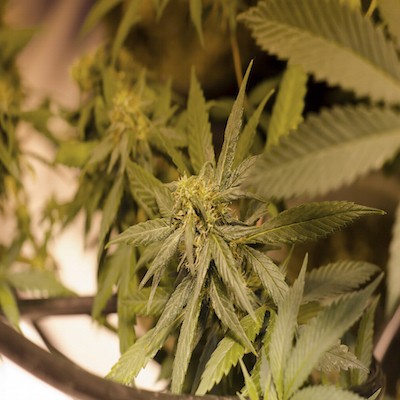
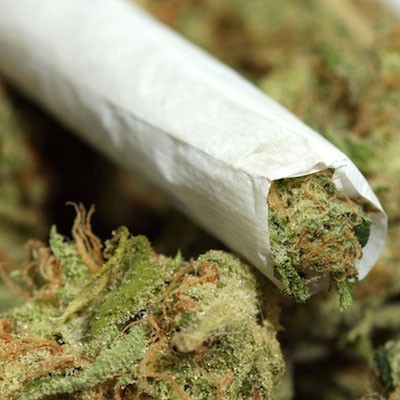
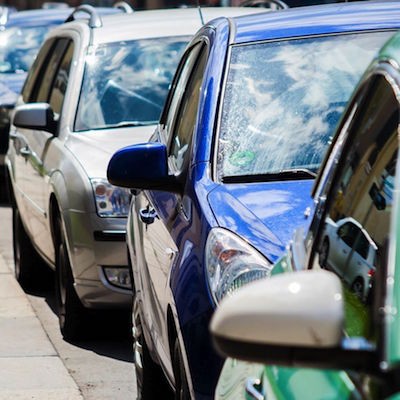




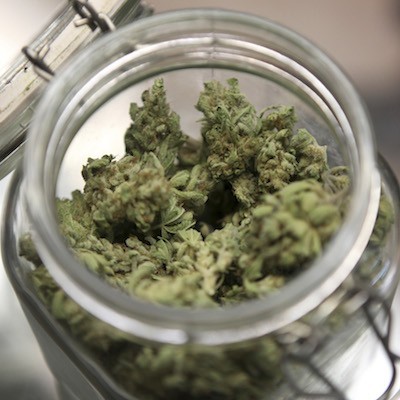
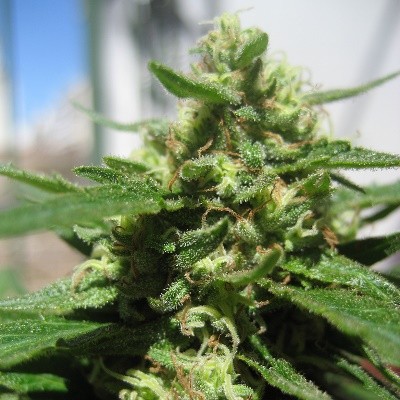


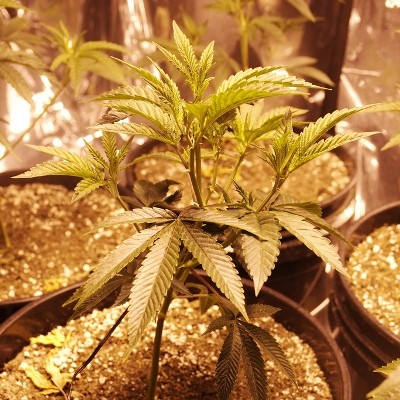

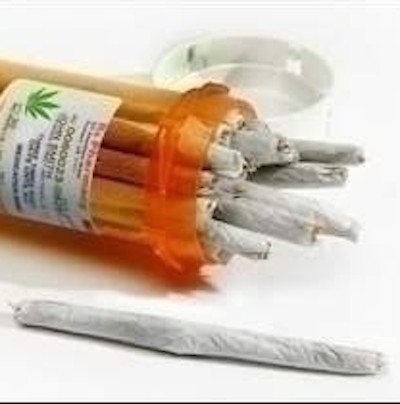

























 Delivered Free Every
Delivered Free Every
Follow us on Pinterest Google + Facebook Twitter See It Read It